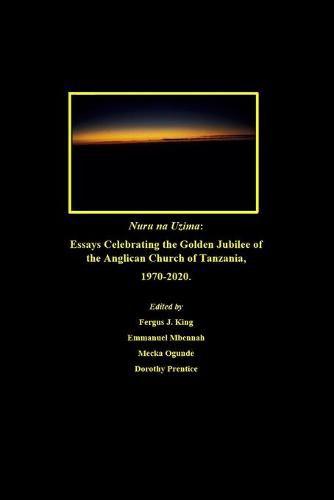Readings Newsletter
Become a Readings Member to make your shopping experience even easier.
Sign in or sign up for free!
You’re not far away from qualifying for FREE standard shipping within Australia
You’ve qualified for FREE standard shipping within Australia
The cart is loading…






In 1960, as independence began to dawn across sub-Saharan Africa, the Province of the Church of East Africa (PCEA) became an autocephalous body within the Anglican Communion. Ten years later, in 1970, that body would divide into two national provinces, one being the Church of the Province of Tanzania (CPT): a national church for the recently constituted United Republic of Tanzania. Later this would be re-named as the Anglican Church of Tanzania (ACT). In 2020, the ACT celebrated its Golden Jubilee.
The essays in this volume provide an historical overview of the origins and key events in the life of the ACT. Contributors from Tanzania and elsewhere, wenyeji na wageni, provide vignettes which explore the ACT’s development in parallel with the political and social life of Tanzania, notably the African Socialism (Ujamaa) and nation-building inspired by Julius K. Nyerere, celebrate its achievements, and ask critical questions about its shortcomings and future.
$9.00 standard shipping within Australia
FREE standard shipping within Australia for orders over $100.00
Express & International shipping calculated at checkout
In 1960, as independence began to dawn across sub-Saharan Africa, the Province of the Church of East Africa (PCEA) became an autocephalous body within the Anglican Communion. Ten years later, in 1970, that body would divide into two national provinces, one being the Church of the Province of Tanzania (CPT): a national church for the recently constituted United Republic of Tanzania. Later this would be re-named as the Anglican Church of Tanzania (ACT). In 2020, the ACT celebrated its Golden Jubilee.
The essays in this volume provide an historical overview of the origins and key events in the life of the ACT. Contributors from Tanzania and elsewhere, wenyeji na wageni, provide vignettes which explore the ACT’s development in parallel with the political and social life of Tanzania, notably the African Socialism (Ujamaa) and nation-building inspired by Julius K. Nyerere, celebrate its achievements, and ask critical questions about its shortcomings and future.